Hybrid Heavy-Duty Trucks: The Future or a Transitional Choice?
Release time:
Apr 15,2025
In recent years, with increasing environmental awareness and the transformation of energy structures, hybrid technology has been widely adopted in the automotive sector. Particularly in the heavy-duty truck industry, hybrid heavy-duty trucks have gradually become a focal point. Automakers such as Great Wall have launched hybrid heavy-duty truck models, claiming significant fuel savings.
However, from the perspective of hybrid system principles, are hybrid heavy-duty trucks truly suitable for long-haul transportation and similar operating conditions?
Principles of Hybrid Heavy-Duty Trucks
Hybrid heavy-duty trucks typically employ parallel or series-parallel hybrid systems.
- A parallel hybrid system allows the engine and electric motor to drive the vehicle either independently or simultaneously.
- A series-parallel hybrid system combines the advantages of both series and parallel modes, enabling flexible switching between driving modes based on operating conditions.
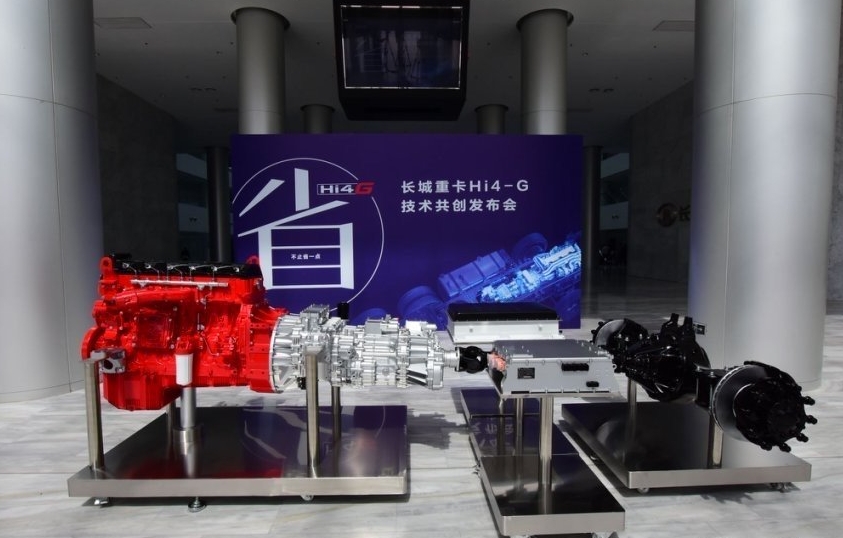
For example, Great Wall’s hybrid heavy-duty truck features two 180kW drive motors (P2 + P2.5) working in tandem with a Cummins 13-liter, 560-horsepower engine, delivering a combined output of 1,050 horsepower.
This configuration allows the vehicle to leverage the motor’s high torque for optimal performance during acceleration and startup, while relying on the engine for sustained power output during high-speed cruising.
The fuel-saving mechanisms of hybrid heavy-duty trucks primarily include:
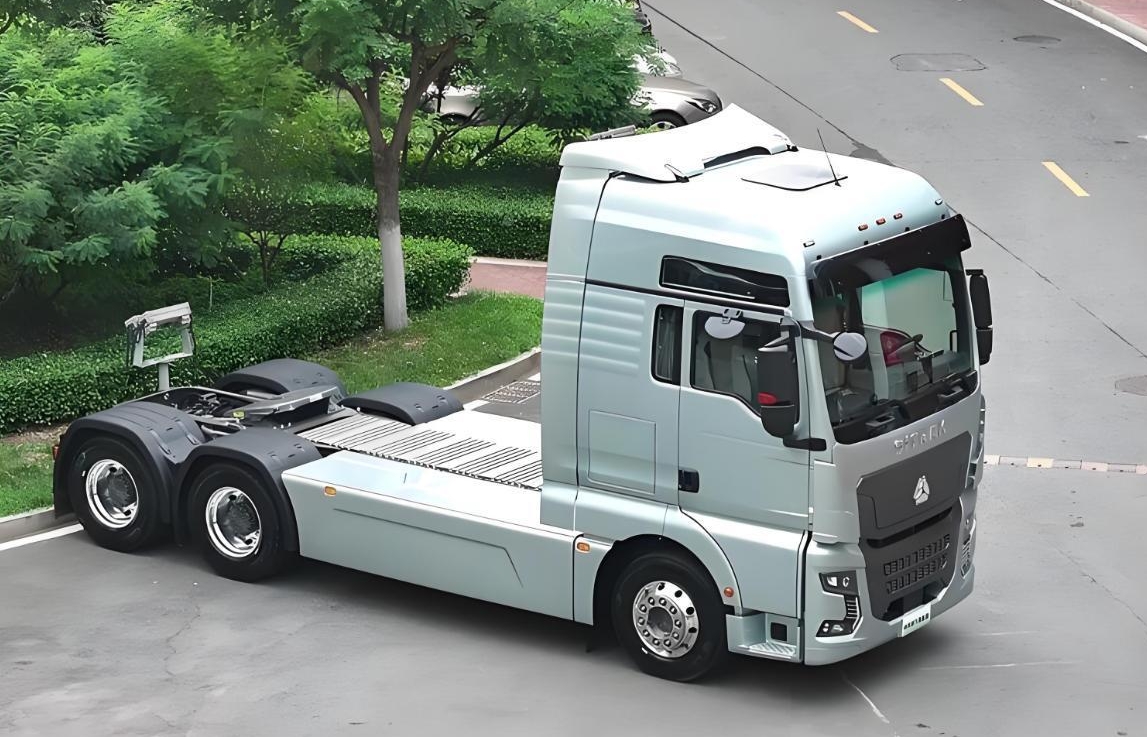
- Energy recovery: During braking or deceleration, the motor acts as a generator, converting kinetic energy into electricity and storing it in the battery for reuse.
- Optimized engine operation: The hybrid system’s control strategy ensures the engine operates within its most fuel-efficient range, avoiding high-consumption zones.
- Pure electric driving: In low-speed or congested conditions, the vehicle can switch to pure electric mode, reducing idle fuel consumption and emissions.
Suitable Operating Conditions for Hybrid Heavy-Duty Trucks
From a structural standpoint, hybrid heavy-duty trucks are indeed better suited for conditions involving frequent stops, starts, and speed changes. In such scenarios, the electric motor can fully utilize its high torque and rapid response to enhance both power performance and fuel efficiency.
However, for long-haul transportation, could the drivetrain efficiency of hybrid heavy-duty trucks be lower than that of conventional trucks? This largely depends on specific driving conditions and the hybrid system’s control strategy.
During steady-speed highway cruising, the engine can operate continuously in its optimal efficiency range, potentially diminishing the hybrid system’s fuel-saving advantages.
Yet, in real-world long-haul operations, trucks often encounter varying road and traffic conditions, such as uphill climbs, acceleration, and deceleration. In these scenarios, hybrid heavy-duty trucks can improve fuel economy by dynamically switching driving modes and optimizing engine operation.
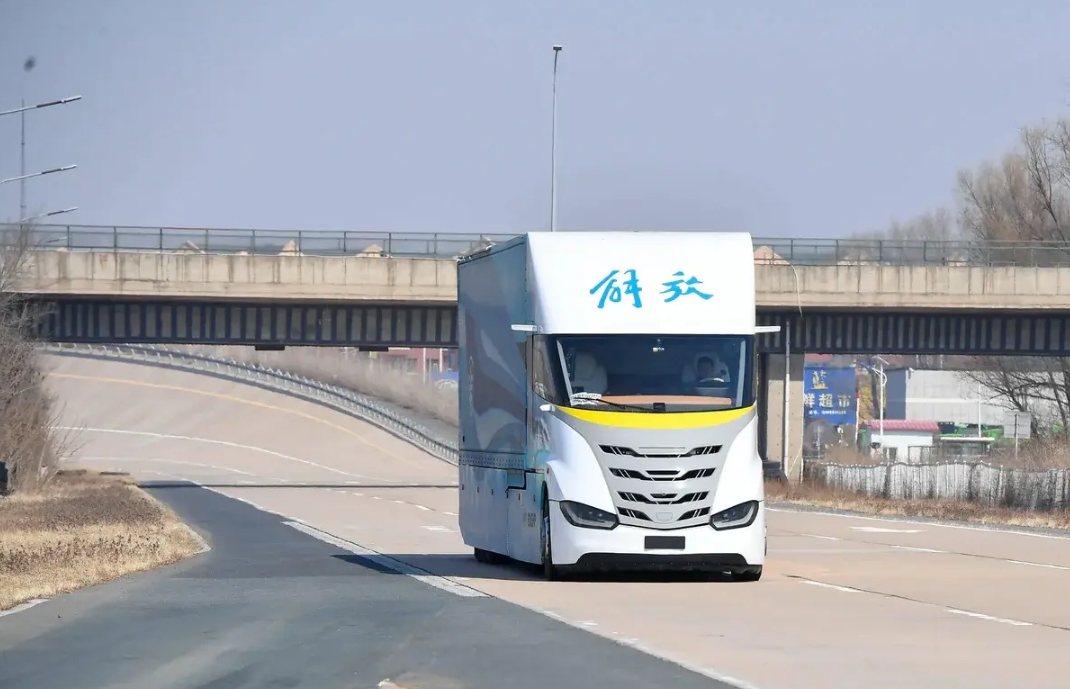
Additionally, hybrid heavy-duty trucks offer several advantages over conventional trucks:
- Enhanced power performance: By combining engine and motor output, hybrid trucks deliver superior power, adapting to more complex road and transport demands.
- Lower emissions: Since hybrid systems optimize engine operation and reduce idle fuel consumption, emissions are typically lower than those of conventional trucks.
- Improved driving experience: Hybrid heavy-duty trucks often come equipped with advanced driver-assistance systems and comfort features, enhancing the overall driving experience.
After-Sales Service for Hybrid Heavy-Duty Trucks
For heavy-duty truck users, after-sales service is a critical factor in vehicle selection. As an emerging technology, the maturity of hybrid truck service networks directly impacts purchasing decisions.
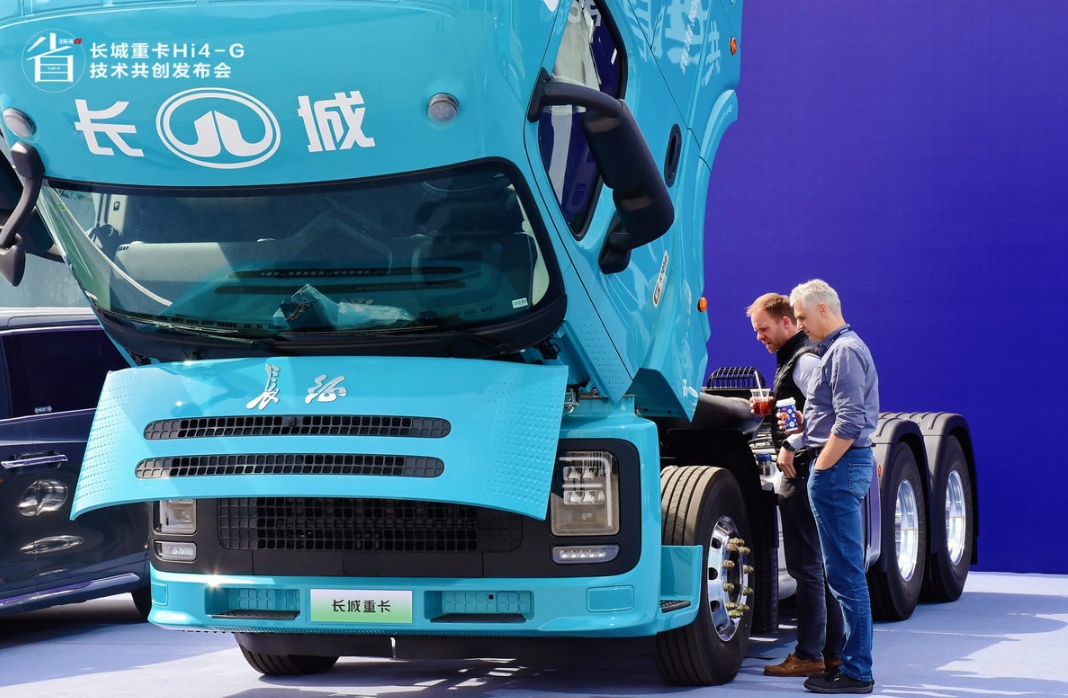
Currently, as the hybrid heavy-duty truck market expands, major automakers are strengthening their after-sales service frameworks. Companies like Great Wall and Foton offer comprehensive warranties and service packages, including scheduled maintenance, repairs, and technical training.
However, due to the higher technical complexity of hybrid trucks, maintenance personnel require advanced skills. Therefore, while improving service systems, manufacturers must also prioritize technician training to ensure high-quality support for customers.
Conclusion
In summary, hybrid heavy-duty trucks are not limited to stop-and-go or variable-speed conditions. Through technologies such as engine optimization, energy recovery, and electric driving, they can achieve significant fuel savings even in long-haul transportation. Moreover, they offer superior power, lower emissions, and a better driving experience.
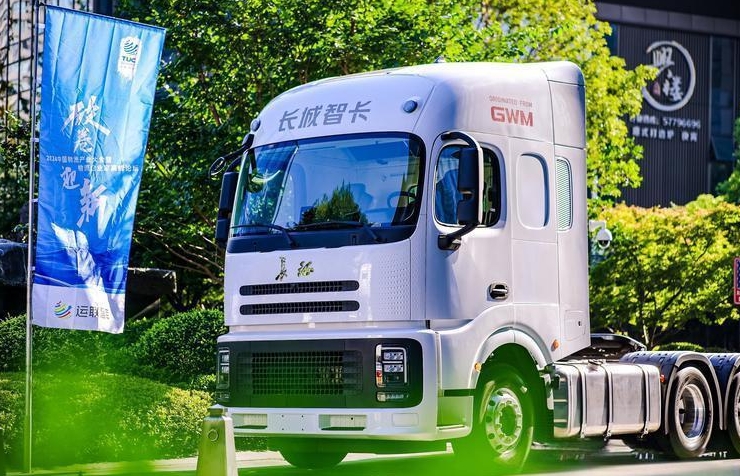
Today, hybrid heavy-duty truck technology has advanced considerably, with major automakers introducing competitive models. In terms of after-sales service, companies are continuously improving support systems and technical training to ensure customer satisfaction.
Thus, hybrid heavy-duty trucks represent a viable technological pathway for the industry. As technology progresses and the market matures, they are poised to play an increasingly important role in heavy-duty transportation, contributing to energy conservation, emission reduction, and sustainable development.







